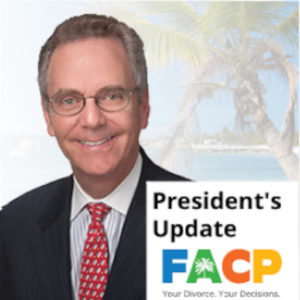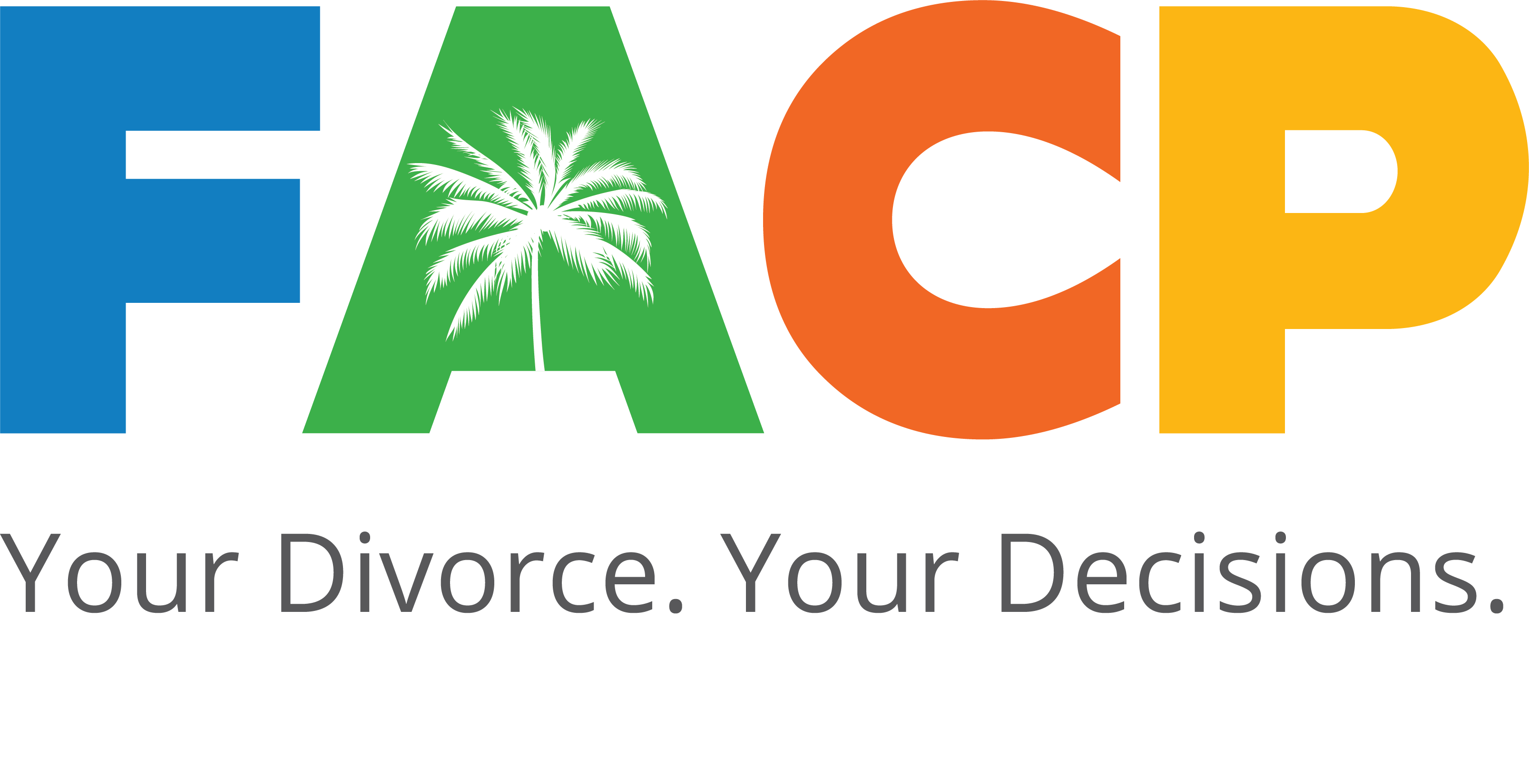We’re still looking for Galahad, the ideal knight to join our practice group, and then to succeed into leadership of it, as well as membership on the board of our statewide collaborative organization, the Florida Academy of Collaborative Professionals (FACP), and even service on the FACP’s executive committee. In Parts I and II, we’ve discussed humility and hunger, but what about the last attribute required of the ideal team player, smarts?
Self-Selection – Smarts
I teamed once with a financial neutral who could not refrain from interrupting the clients with information they didn’t seem to know or understand. I had used her services in court many times and she knew her finances, but, in our team meeting, she wouldn’t let the clients fully voice their concerns before interjecting to correct them.
During our professionals debrief, we tried to explain that correcting the clients before they had a chance to explore their concerns was frustrating them and making it difficult to accomplish the team’s work. She said she understood but continued the behavior at our next meeting. So, the facilitator pulled her aside and they reached an agreement. After that, she sat next to the facilitator and, when she interrupted, the facilitator nudged her under the table to stop.
She was not smart. My guess is that she won’t be invited onto many collaborative teams going forward.

Ideal team players are smart. They have common sense about people. Smart people know what is happening in a group situation and how to deal with others most effectively. They have good judgment and intuition around the subtleties of group dynamics and the impact of their words and actions, seeing past what is said to what people are actually feeling. They ask good questions and listen carefully to what others say in a conversation, but also observe how people react.
How Do We Find the Smart Professional?
Taking an emotional intelligence test would provide understanding of how smart one is. But that’s an awful lot to ask in the initial stages of assessing someone’s potential for collaborative teamwork.
So, instead, you’re meeting this professional for a casual chat, perhaps in a coffee shop or a cafe. While you do that, observe how she treats the service personnel. How does she interact with them? With you? Is she kind? Interested? Attentive? Oblivious? Self-involved?
Ask questions, too. The following interview should point you in the right direction. Don’t ask what she thinks. Ask instead what her staff/friends/family would or do say about her. Does she:
- Understand how others feel during meetings and conversations?
- Show empathy to others in the room, in the practice, on the team?
- Demonstrate an interest in the lives of her staff? Her teammates?
- Listen attentively when others speak?
- Demonstrate awareness of how her words and actions impact on others?
- Adjust her behavior and style to fit a conversation or relationship?
We have all worked on teams. You should get a better feel for her smarts by asking:
- How do you deal with difficult people? Can you tell me a story about that?
- Did you become a good friend with a colleague at a previous workplace or in school? What do you think about having close relationships with your coworkers? Is this a good or bad practice?
- Tell me about a time when there was disagreement on your team. What did you do? How did others react?
- What are the three most important characteristics of people you like to work with?
- Have you ever had difficulty getting your team members to accept your suggestion or an idea? What happened? How did you handle that?
While there’s no right or wrong answer to these inquiries, they should guide you in discerning whether your professional acquaintance is smart enough to be an ideal team member. And in identifying the next leader for our statewide collaborative practice.
By the way, if you already know an ideal team player, suggest he sit on our board or on one of our committees. The time investment is nominal, and the rewards are immeasurable. Nominations are simple; reach out to me at Joryn@OpenPalmLaw.com for direction.
Nominate Yourself and share your distinctive, authentic, and nuanced perspective; I did!
The more we tell our stories, the closer we come to making this approach the preferred practice in the State of Florida. And we are leading the collaborative way in these United States!






